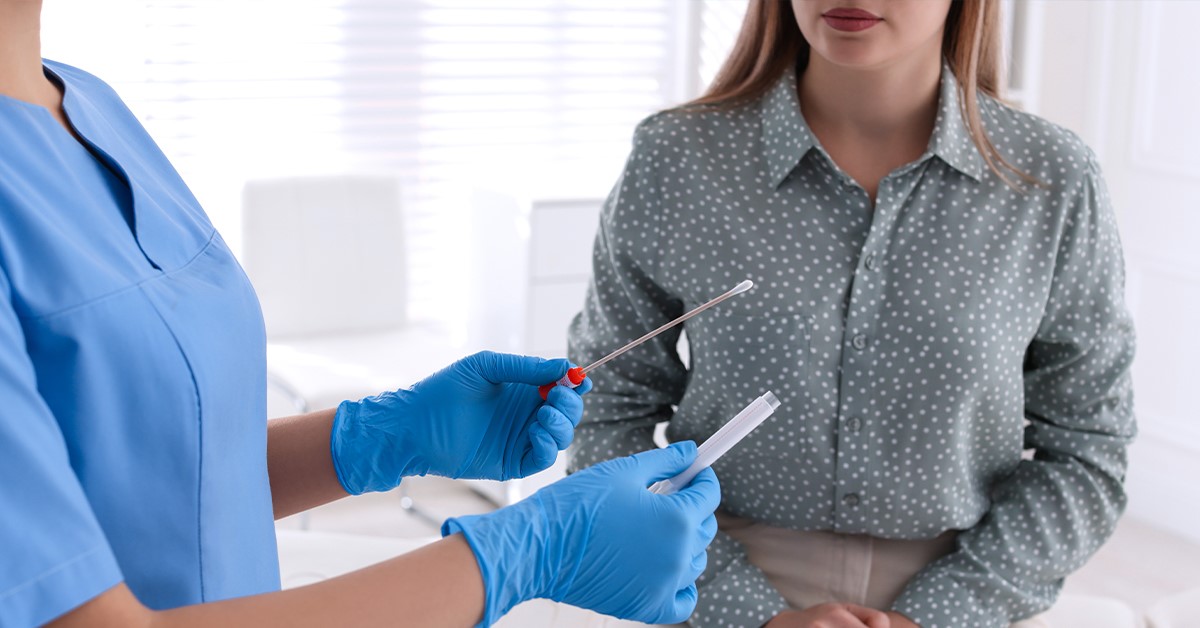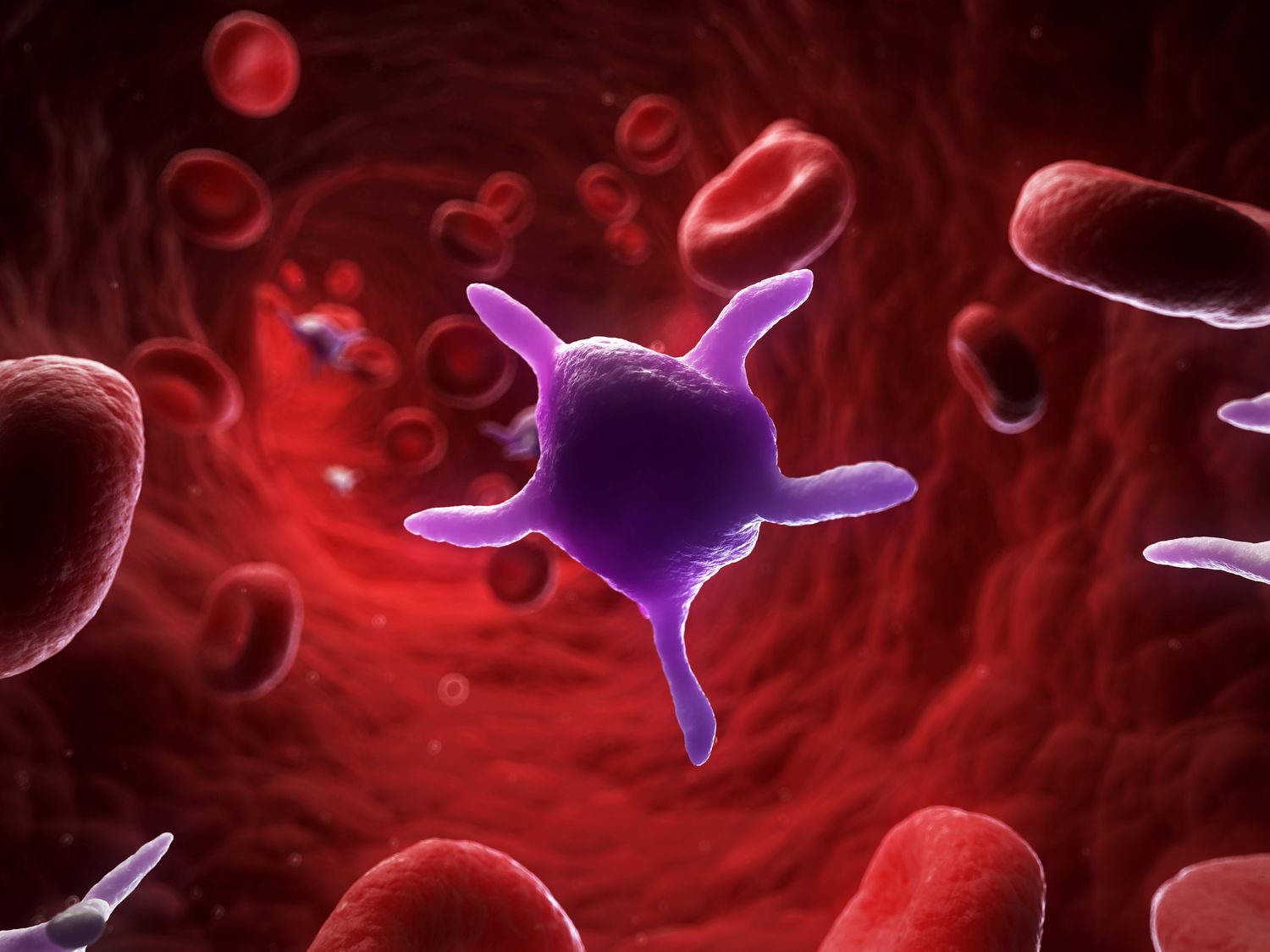
Sexually Transmitted Diseases (STDs) are infections passed from one person to another through sexual contact. They can affect anyone, regardless of age, gender, or sexual orientation. Common STDs include chlamydia, gonorrhea, syphilis, and HIV. Some STDs show no symptoms, making regular testing crucial. Prevention methods like using condoms and getting vaccinated can reduce the risk. Early detection and treatment are vital for managing symptoms and preventing complications. Education about STDs helps break the stigma and encourages safer practices. Understanding these facts can empower individuals to make informed decisions about their sexual health.
Understanding STDs
Sexually transmitted diseases (STDs) are infections passed from one person to another through sexual contact. They can affect anyone, regardless of age, gender, or sexual orientation. Here are some surprising and important facts about STDs.
- STDs are Common: Over 1 million STDs are acquired every day worldwide.
- Variety of Infections: There are more than 30 different bacteria, viruses, and parasites known to be transmitted through sexual contact.
- Asymptomatic Cases: Many STDs do not show symptoms, making it easy to spread unknowingly.
- Curable and Incurable: Some STDs, like chlamydia and gonorrhea, are curable with antibiotics, while others, like HIV and herpes, are not.
- Youth at Risk: People aged 15-24 account for half of all new STD infections.
- Global Impact: STDs are a global health issue, affecting people in every country.
- Economic Burden: The cost of treating STDs in the U.S. is estimated to be over $16 billion annually.
Common Types of STDs
Different STDs have different symptoms and treatments. Here are some of the most common types.
- Chlamydia: Often called the "silent infection," chlamydia can cause serious reproductive issues if untreated.
- Gonorrhea: Known as "the clap," gonorrhea can infect the genitals, rectum, and throat.
- Syphilis: This bacterial infection progresses in stages and can cause severe health problems if untreated.
- HIV/AIDS: Human Immunodeficiency Virus (HIV) attacks the immune system, leading to Acquired Immunodeficiency Syndrome (AIDS).
- Herpes: Caused by the herpes simplex virus, it results in painful sores and blisters.
- HPV: Human Papillomavirus is the most common STD and can lead to genital warts and cancers.
- Trichomoniasis: A parasitic infection that often causes itching and discharge.
Symptoms and Complications
Recognizing symptoms early can prevent complications. Here are some common symptoms and potential complications.
- Unusual Discharge: Many STDs cause unusual discharge from the penis or vagina.
- Painful Urination: Pain or burning during urination can be a sign of an STD.
- Sores and Blisters: Painful sores or blisters around the genitals, anus, or mouth are common with herpes.
- Itching and Irritation: Persistent itching or irritation in the genital area can indicate an infection.
- Pelvic Pain: Chronic pelvic pain can result from untreated STDs.
- Infertility: Untreated chlamydia and gonorrhea can lead to infertility in both men and women.
- Ectopic Pregnancy: STDs can cause scarring in the fallopian tubes, leading to ectopic pregnancies.
- Cancer: Certain types of HPV can cause cervical, anal, and throat cancers.
Prevention and Protection
Preventing STDs is possible with the right precautions. Here are some effective methods.
- Condom Use: Using condoms consistently and correctly reduces the risk of many STDs.
- Regular Testing: Regular STD testing helps detect infections early.
- Vaccination: Vaccines are available for some STDs, like HPV and hepatitis B.
- Mutual Monogamy: Being in a mutually monogamous relationship with an uninfected partner lowers risk.
- Avoiding Alcohol and Drugs: Substance use can impair judgment and lead to risky sexual behavior.
- Communication: Open communication with sexual partners about STDs and testing is crucial.
- Education: Educating yourself and others about STDs can help prevent their spread.
Treatment and Management
Even if you contract an STD, effective treatments are available. Here’s what you need to know.
- Antibiotics: Bacterial STDs like chlamydia, gonorrhea, and syphilis can be treated with antibiotics.
- Antiviral Medications: Antiviral drugs can manage symptoms of viral STDs like herpes and HIV.
- Regular Monitoring: Chronic STDs require regular medical check-ups to manage health.
- Partner Treatment: Treating sexual partners simultaneously prevents reinfection.
- Lifestyle Changes: Healthy lifestyle choices can support treatment and improve overall well-being.
- Support Groups: Joining support groups can provide emotional and social support.
Myths and Misconceptions
There are many myths about STDs that can lead to misinformation. Here are some common misconceptions debunked.
- Only Promiscuous People Get STDs: Anyone who is sexually active can contract an STD.
- You Can Tell if Someone Has an STD: Many STDs have no visible symptoms.
- Oral Sex is Safe: STDs can be transmitted through oral sex.
- You Can’t Get an STD from a Toilet Seat: STDs are not spread through casual contact.
- Once Treated, You’re Immune: You can get the same STD more than once.
- Birth Control Prevents STDs: Birth control methods like pills and IUDs do not protect against STDs.
- STDs Always Show Symptoms: Many people with STDs have no symptoms.
The Importance of Regular Testing
Regular testing is key to maintaining sexual health. Here’s why it’s so important.
- Early Detection: Early detection of STDs can prevent serious health complications.
- Protecting Partners: Knowing your status helps protect your sexual partners.
- Peace of Mind: Regular testing provides peace of mind and reduces anxiety.
- Public Health: Regular testing helps control the spread of STDs in the community.
- Access to Treatment: Early diagnosis ensures timely access to treatment and care.
- Preventing Infertility: Regular testing can prevent infertility caused by untreated STDs.
- Reducing Stigma: Normalizing regular testing helps reduce the stigma around STDs.
- Empowerment: Knowing your status empowers you to make informed decisions about your sexual health.
Final Thoughts on STDs
Understanding STDs is crucial for maintaining good health. Knowing the facts helps in prevention, early detection, and effective treatment. Regular testing, practicing safe sex, and open communication with partners are key steps in reducing the risk. Many STDs are treatable, and early intervention can prevent complications. Misconceptions and stigma often surround these infections, but education and awareness can combat this. Remember, anyone can get an STD, regardless of age, gender, or sexual orientation. Protecting yourself and others starts with being informed. Stay proactive about your sexual health, and don't hesitate to seek medical advice if you have concerns. Knowledge is power, and in this case, it can also be lifesaving. Stay safe, stay informed, and take charge of your health.
Was this page helpful?
Our commitment to delivering trustworthy and engaging content is at the heart of what we do. Each fact on our site is contributed by real users like you, bringing a wealth of diverse insights and information. To ensure the highest standards of accuracy and reliability, our dedicated editors meticulously review each submission. This process guarantees that the facts we share are not only fascinating but also credible. Trust in our commitment to quality and authenticity as you explore and learn with us.


